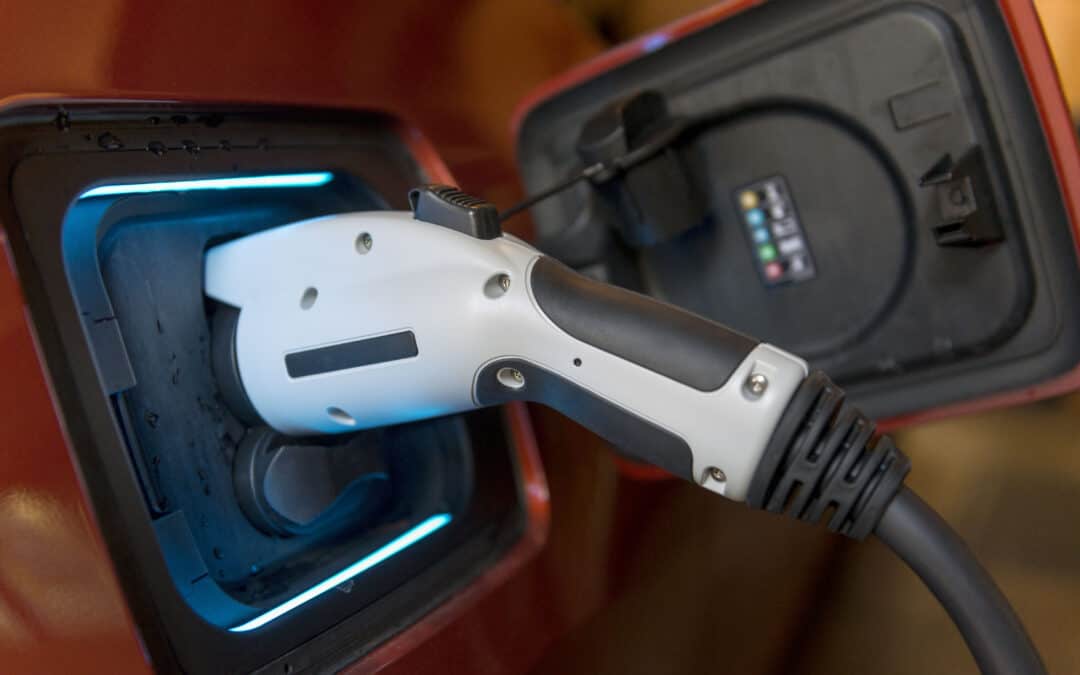Photo credits: Puget sound Energy
As the world continues to tackle climate change, the shift towards renewable energy and green technology is not just a desire but a necessity. One significant avenue of this global transition is the electrification of the transportation sector. Businesses, from large corporations to small enterprises, are increasingly turning towards electric vehicles (EVs) for their transport needs. This blog post delves into the tax incentives that UK businesses can leverage when transitioning to electric vehicles.
The Case for Electric Vehicles in Business
In a society increasingly conscious of environmental impacts, businesses shifting to electric vehicles are viewed as socially responsible, demonstrating a commitment to sustainability. Besides contributing to environmental preservation, EVs offer potential savings on fuel and maintenance costs. But what about the upfront costs? This is where government incentives come into play.
Government Incentives: A Boon for Businesses
Recognising the need for a significant shift towards sustainable transport, the UK government has implemented several tax incentives to stimulate the adoption of electric vehicles. The aim is to lower the initial financial barrier to electric vehicle ownership for both individual consumers and businesses.
Plug-In Grant
One of the most prominent incentives is the Plug-in Grant. This grant can reduce the cost of new low-emission vehicles directly at the point of purchase. The grant applies to cars, vans, motorcycles, taxis, and lorries, provided they meet certain criteria. Businesses purchasing the Ioniq 6 by Hyundai, for instance, could benefit from this incentive, reducing the initial cost significantly.
Benefit-in-Kind Rates
For company cars, Benefit-in-Kind (BiK) rates are a notable consideration. The BiK rate for electric cars dropped to 1% for the 2021/22 tax year and 2% for the 2022/23 to 2024/25 tax years. This represents a massive saving compared to the 20-37% rates for traditional fossil-fuelled cars. Consequently, an employee with a company car like the BYD ATTO 3 will pay significantly less tax, making it an attractive option for businesses seeking to update their fleet vehicles.
Writing Down Allowances
Another crucial tax incentive businesses should consider is Writing Down Allowances (WDAs). For electric cars, there is a 100% first-year allowance (FYA) for businesses purchasing new and unused electric vehicles. This means businesses can deduct the full cost of the electric vehicle from their profits before tax in the first year. Therefore, a business purchasing a fleet of BYD ATTO 3s could potentially recoup a significant portion of the investment in the first year.
Local Incentives: An Added Advantage
In addition to these national incentives, there may also be local incentives available to businesses. For example, several cities in the UK offer additional subsidies or exemptions for electric vehicles. Some cities also provide reduced parking fees or free charging for electric vehicles, further reducing the ongoing costs of maintaining a fleet of EVs.
A Look at Two Electric Vehicle Models
Let’s now consider two popular electric vehicle models, the BYD ATTO 3 and the Ioniq 6 by Hyundai, in the context of these incentives.
The BYD ATTO 3
The BYD ATTO 3, a compact and efficient electric car, boasts an impressive range, making it a suitable choice for businesses that require city driving or short trips. With its lower-than-average price point, the BYD ATTO 3 is an affordable option for companies, especially when factoring in the Plug-In Grant and the Writing Down Allowances.
The Ioniq 6 by Hyundai
The Ioniq 6 by Hyundai, on the other hand, provides a luxurious, comfortable ride with an extended range, making it ideal for businesses that require longer-distance travel. While more expensive than the BYD ATTO 3, the tax incentives available can still make it a cost-effective choice for businesses.
Conclusion: A Sustainable Future is Within Reach
As governments worldwide continue to encourage the adoption of electric vehicles, businesses stand to gain substantial benefits by transitioning their fleets. The tax incentives available significantly reduce both the upfront and ongoing costs of owning an electric vehicle, making models like the BYD ATTO 3 and the Ioniq 6 by Hyundai viable choices for businesses.
By taking advantage of these tax incentives, businesses can not only reduce their carbon footprint and contribute to a more sustainable future, but also improve their bottom line. The shift towards electric vehicles is not merely a trend; it is an essential step towards a sustainable future. By understanding and leveraging the available tax incentives, businesses can play their part in this transition while simultaneously reaping the benefits.








